The consumption of meth stimulates the brain and causes a rapid increase in the level of dopamine and other neurotransmitters. It leads to a number of temporary euphoric effects, such as feelings of invulnerability and extreme pleasure, increase in motivation and energy, and other psychoactive effects. Meth is an addictive drug and its use causes death of the brain cells, specially neurons, and severely damages the brain.
To know the effects of meth on the brain, let’s understand what meth is and how it works and damages the brain.
What Is Meth and How Does It Work?
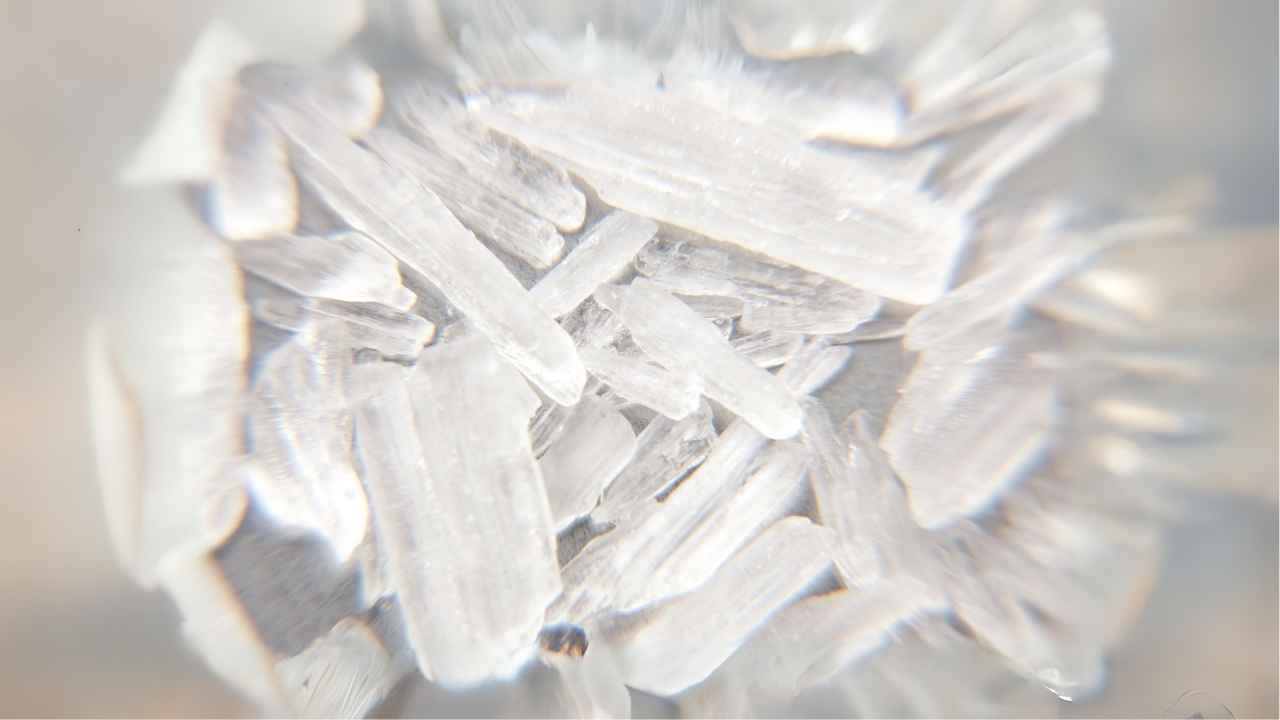
Methamphetamine (d-methamphetamine, meth, or crystal meth) is a synthetic or man-made chemical compound that looks like glass pieces, or white rocks, or bluish-tinted.
It is synthesized from ephedrine or pseudoephedrine and other substances that can be easily purchased from the drugstore or hardware store, such as battery acid, lantern fuel, antifreeze, and drain cleaner. These substances are highly combustible and potentially toxic, which make its synthesis extremely dangerous.
Meth is either snorted or smoked. It then reaches the brain through the bloodstream and causes the release of brain stimulants dopamine, norepinephrine, and other neurotransmitters in heavy amounts just like other stimulants. It causes powerful euphoric effects and the consumer feels extremely energetic, invulnerable, and happy. It causes addiction and abuse.
Effects Of Meth On The Brain
Research indicates that the use of methamphetamine significantly affects the brain and the overall central nervous system (CNS). The following are some of the major damaging effects associated with the use of meth:
1. Effects On The Central Nervous System (CNS)
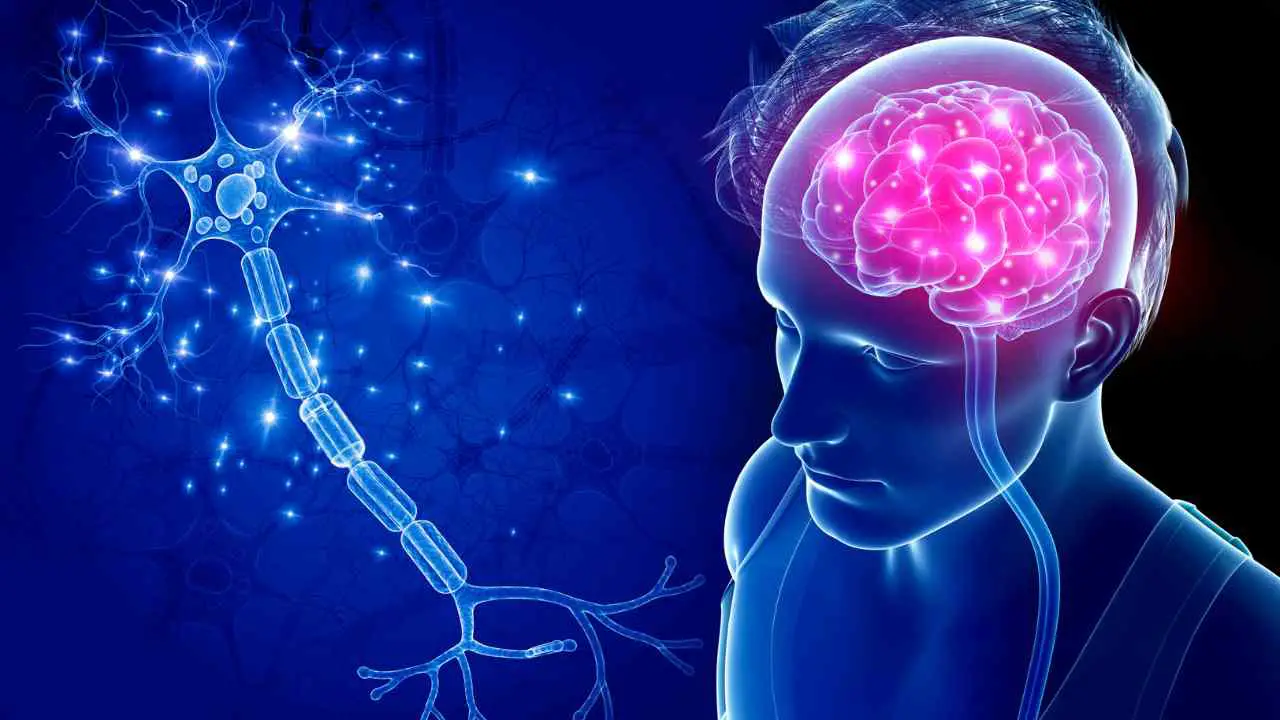
The consumption of methamphetamine increases the death of neurons and causes reduction in the number of neurons in the CNS. As CNS have a very limited ability to regenerate neurons, so in most cases, neurons can not be recovered. Neuronal death due to meth abuse is not limited to particular areas in the brain, but rather it occurs throughout the brain.
So it causes damage to the brain areas crucial for cognitive functions, nonverbal memory, certain aspects of movements, the ability to remember and learn new information, various aspects of directed attention, complex attention, reasoning, and problem solving, etc.
2. Decreases Gliogenesis
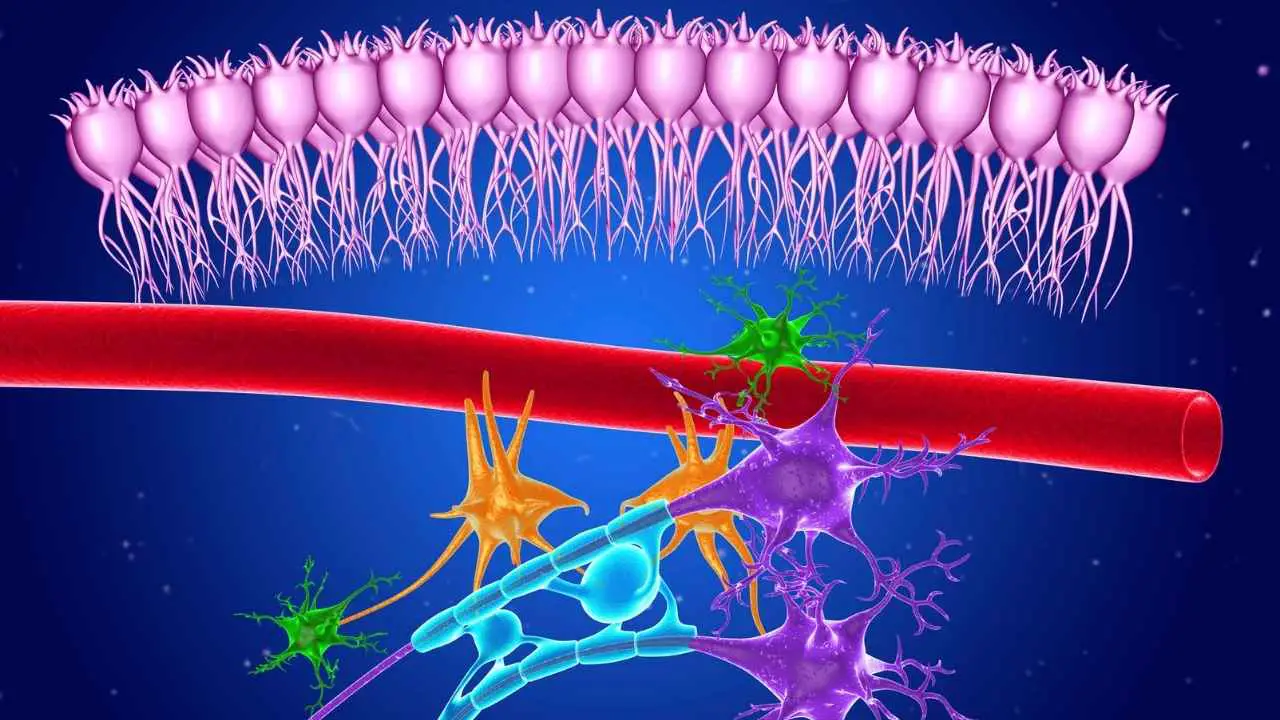
Besides neurons, the brain and CNS is composed of a number of other cells, known as glial cells. These cells do many essential tasks, such as signaling capacity, developing myelin sheath (a fatty layer around the axon of neuron due to which neurons communicate effectively), fighting infections, etc.
🔬 Subscribe to SciMail
Get the latest science discoveries straight to your inbox!
The use of meth also causes the death of these cells in many areas of the brain, especially in the frontal cortex, which is the center of many essential functions, such as attention, planning, judgment, and abstract reasoning, etc. Moreover, the consumption of methamphetamine is associated with a lower production of glial progenitor cells, which are the immature precursor cells that divide into different glial cells.
Due to damage and death of the various glial cells, myelin production is affected in the brain and in the spinal cord. It leads to less efficient signal transmission among neurons in the CNS, which then causes a number of functional deficits.
3. Reduction In The Level Of Neurotransmitter Transporters
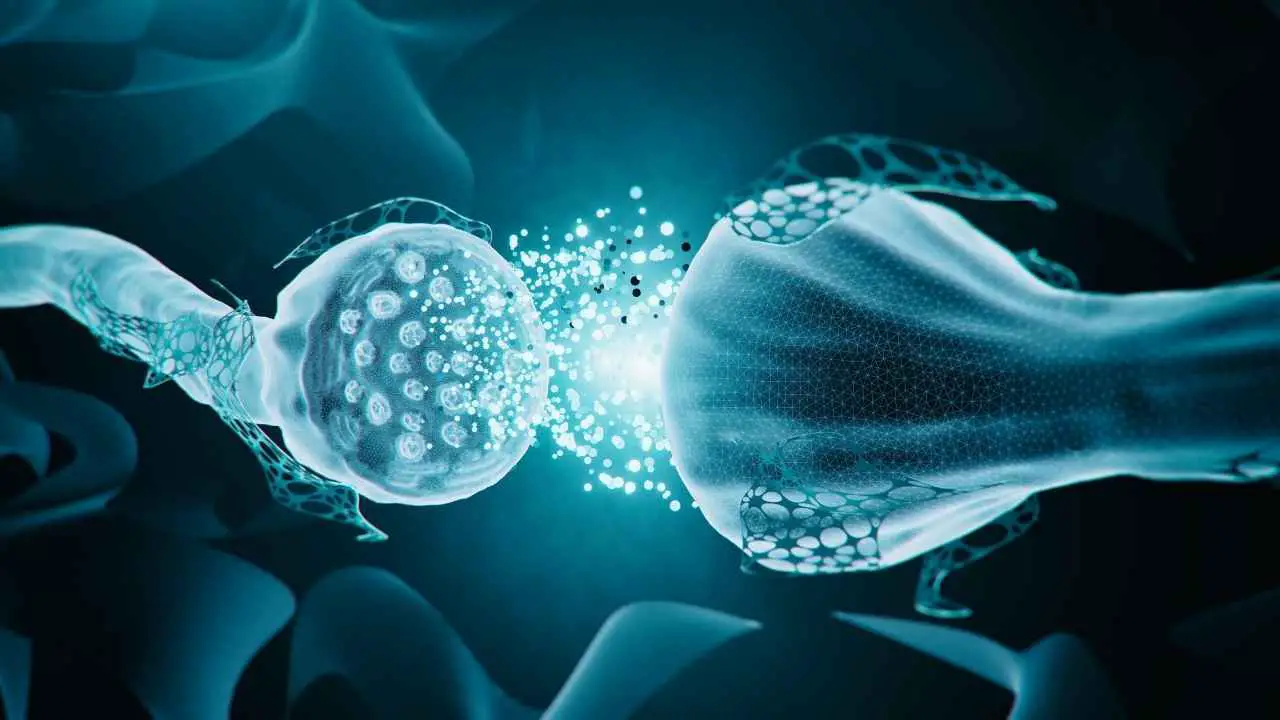
Neurotransmitter transporters are special cells in the CNS that clean the released neurotransmitters (dopamine, serotonin, and norepinephrine, etc) from the spaces among neurons and transport them back into the cells where they can be packed again for later use.
As the use of methamphetamine causes a massive release of dopamine and other neurotransmitters, so the level of these transporters becomes shorter to properly clean and transport such a massive amount for packing again and reuse.
It leads to the later depletion of dopamine and serotonin because these neurotransmitters will not be available in enough amounts for neurons to be used later. It causes intense mood effects, such as extreme euphoria which is then followed by intense periods of depression, hopelessness, and apathy.
4. Neurotoxic Effects
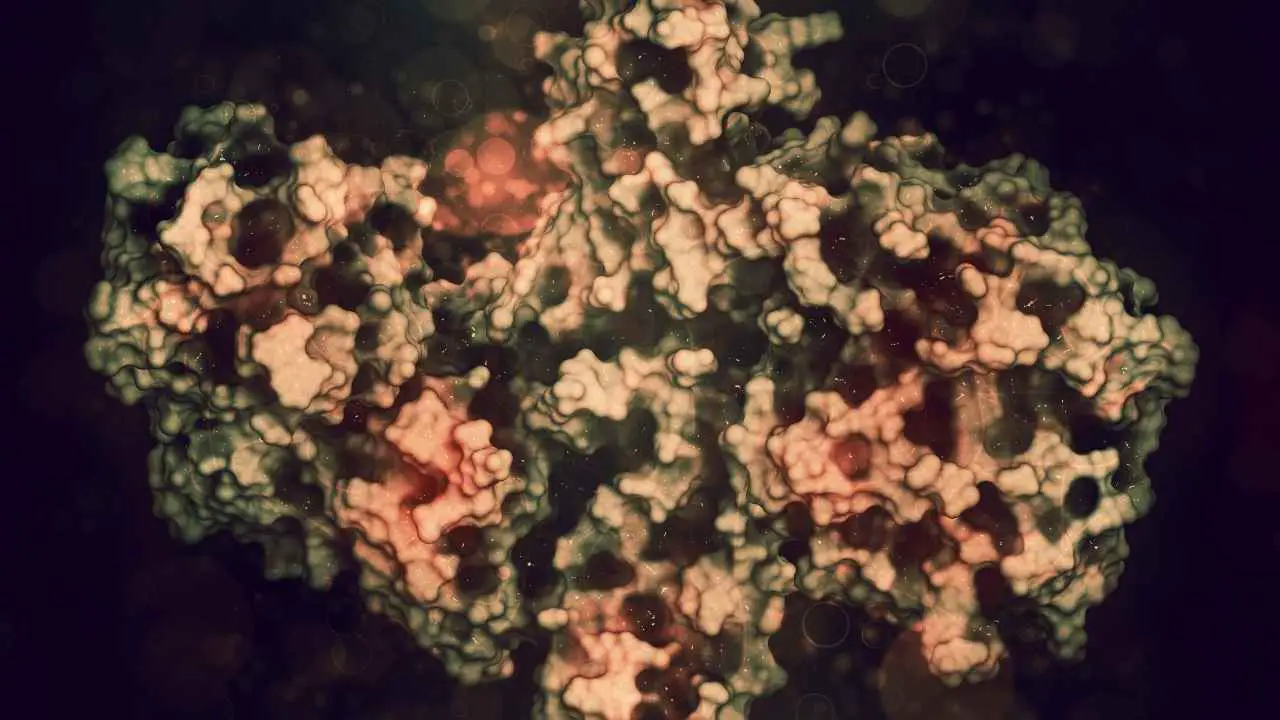
The consumption of meth also causes neurotoxic effects in the brain. The release of neurotransmitters in heavy amounts, especially glutamate and calcium, often leads to the over-excitation of neurons. When it occurs continuously, it harms the system and causes significant damage overall to the central nervous system if not regulated.
Many of these effects cause damage to the dendrites of neurons (dendrite is part of a neuron through which it receives chemical signals from other neurons) and prevent effective communication among neurons. In such a way, meth affects many motor and cognitive functions of the user.
Meth also causes damage to the support system in the brain cells. A significant damage then leads to cellular collapse in the brain. The use of meth also causes damage to the circulatory system in the brain due to increased blood pressure and weakening of arteries, veins, and capillaries. In such a situation, clots and scares form in the blood vessels, due to which the meth user has a potential risk of having a stroke.


Leave a Reply